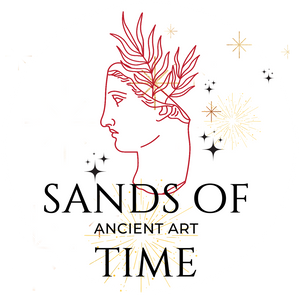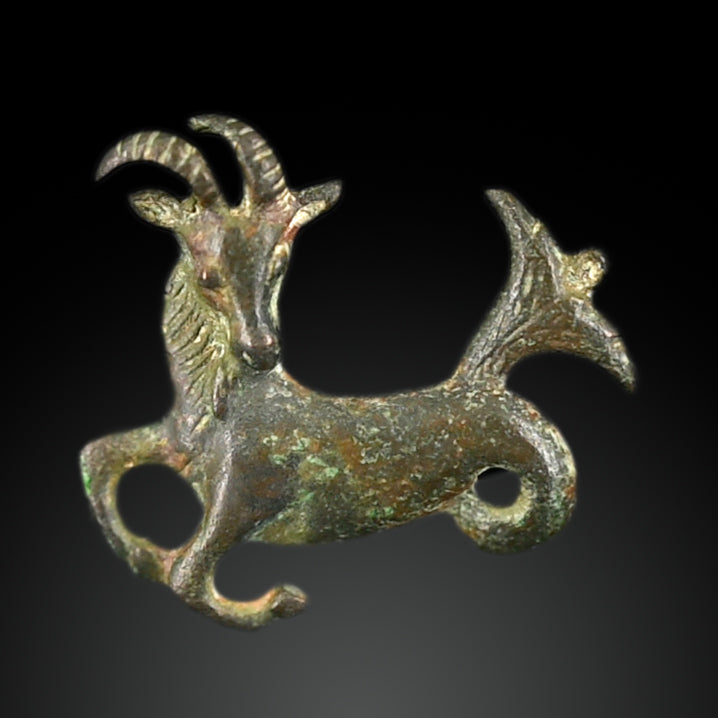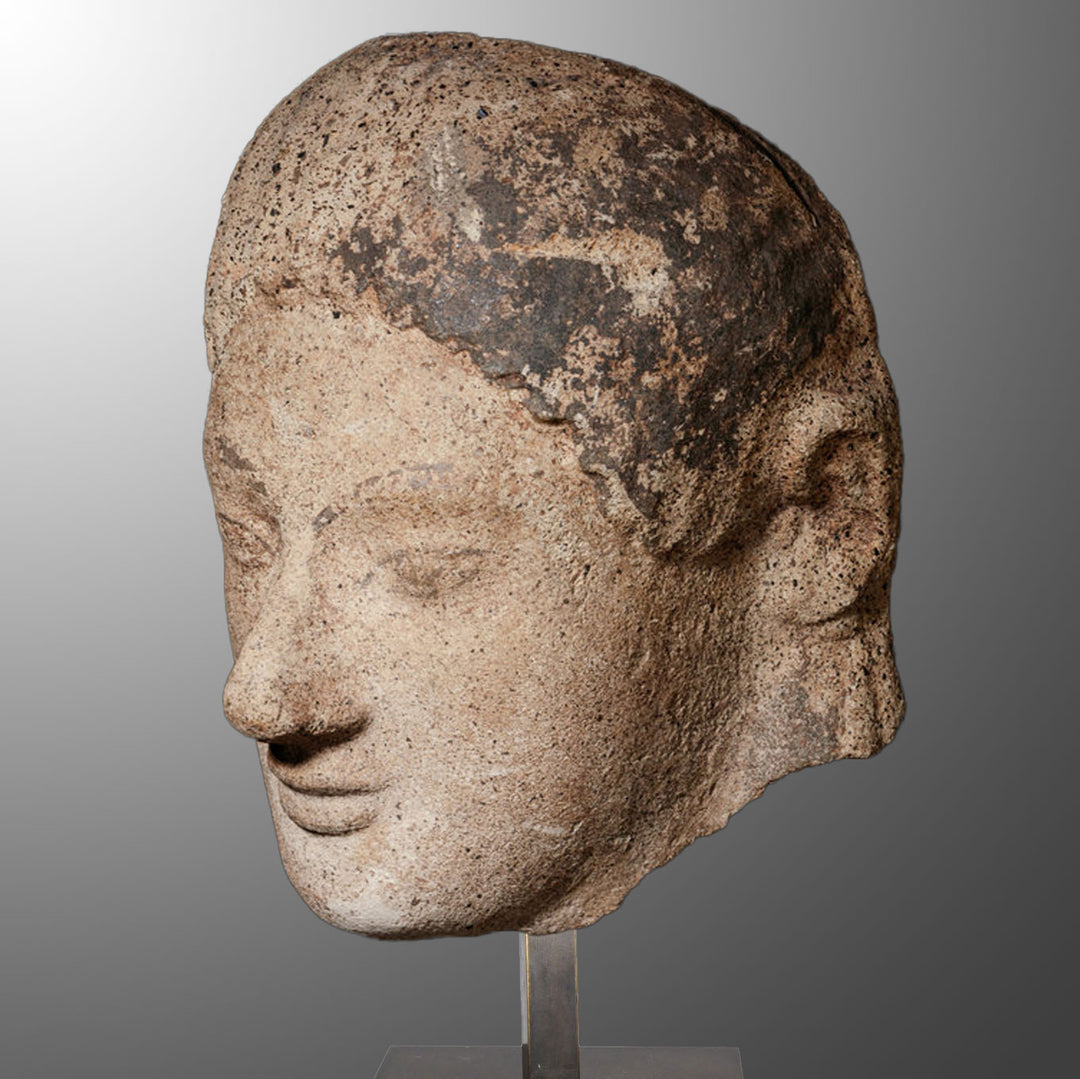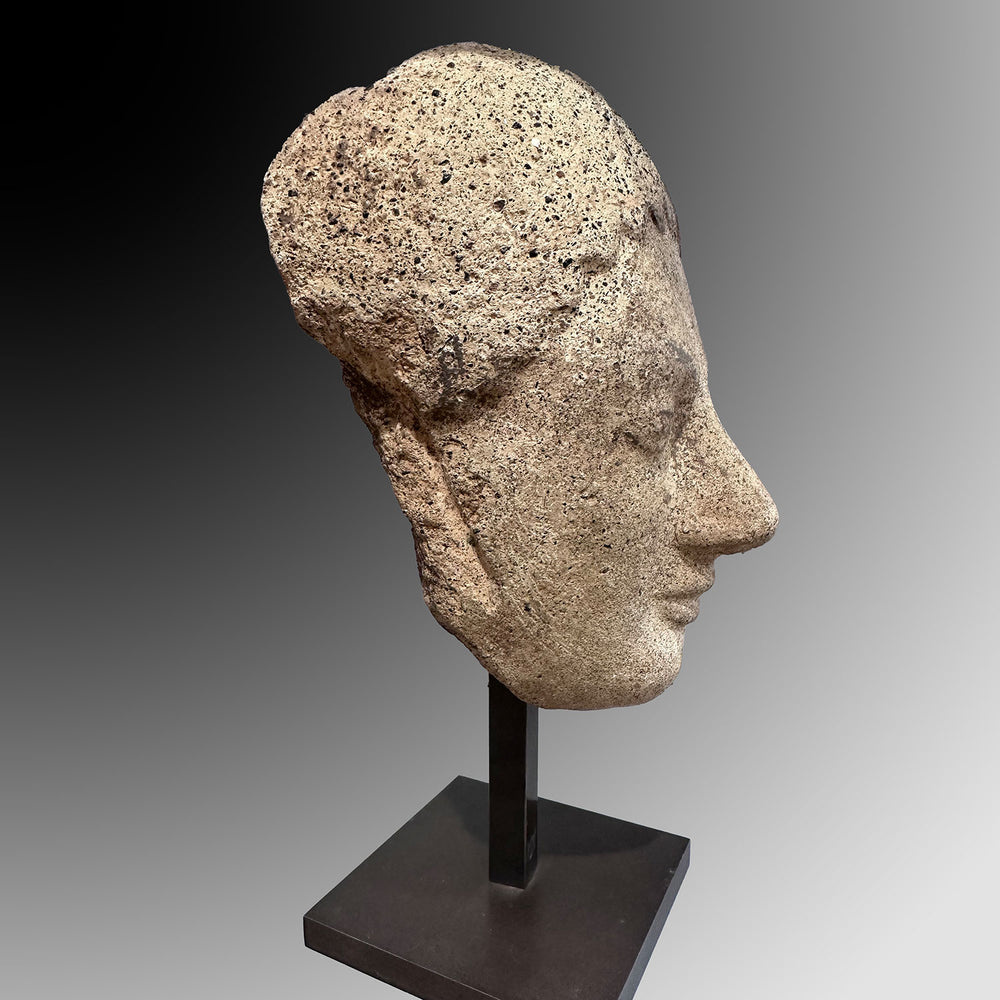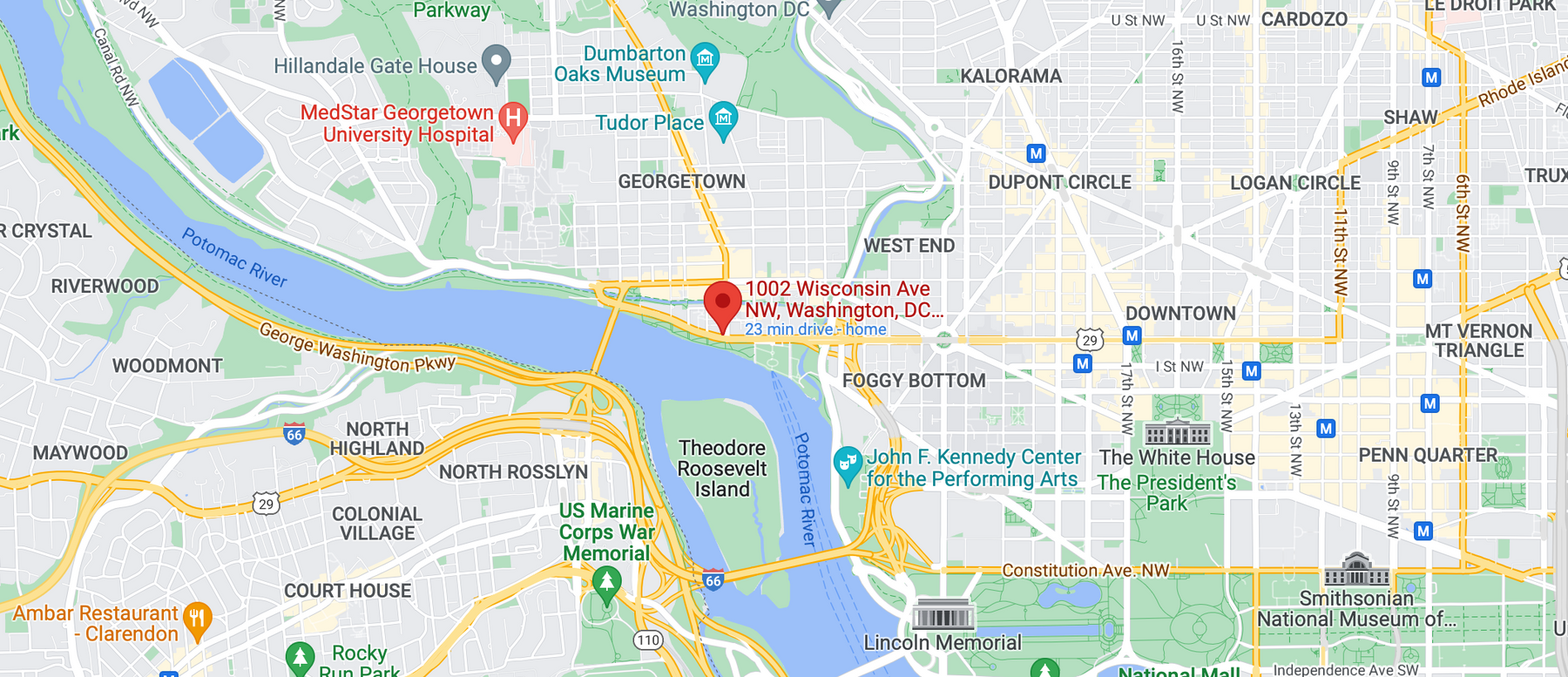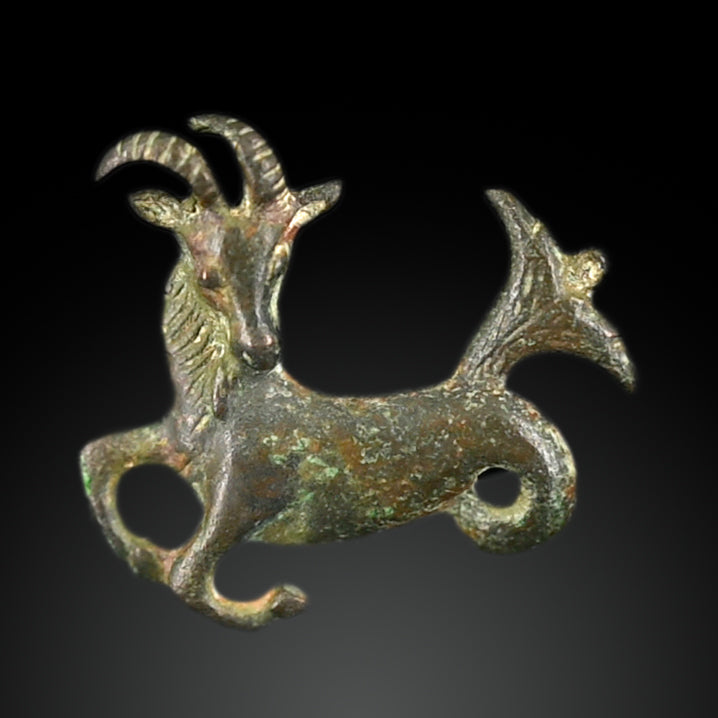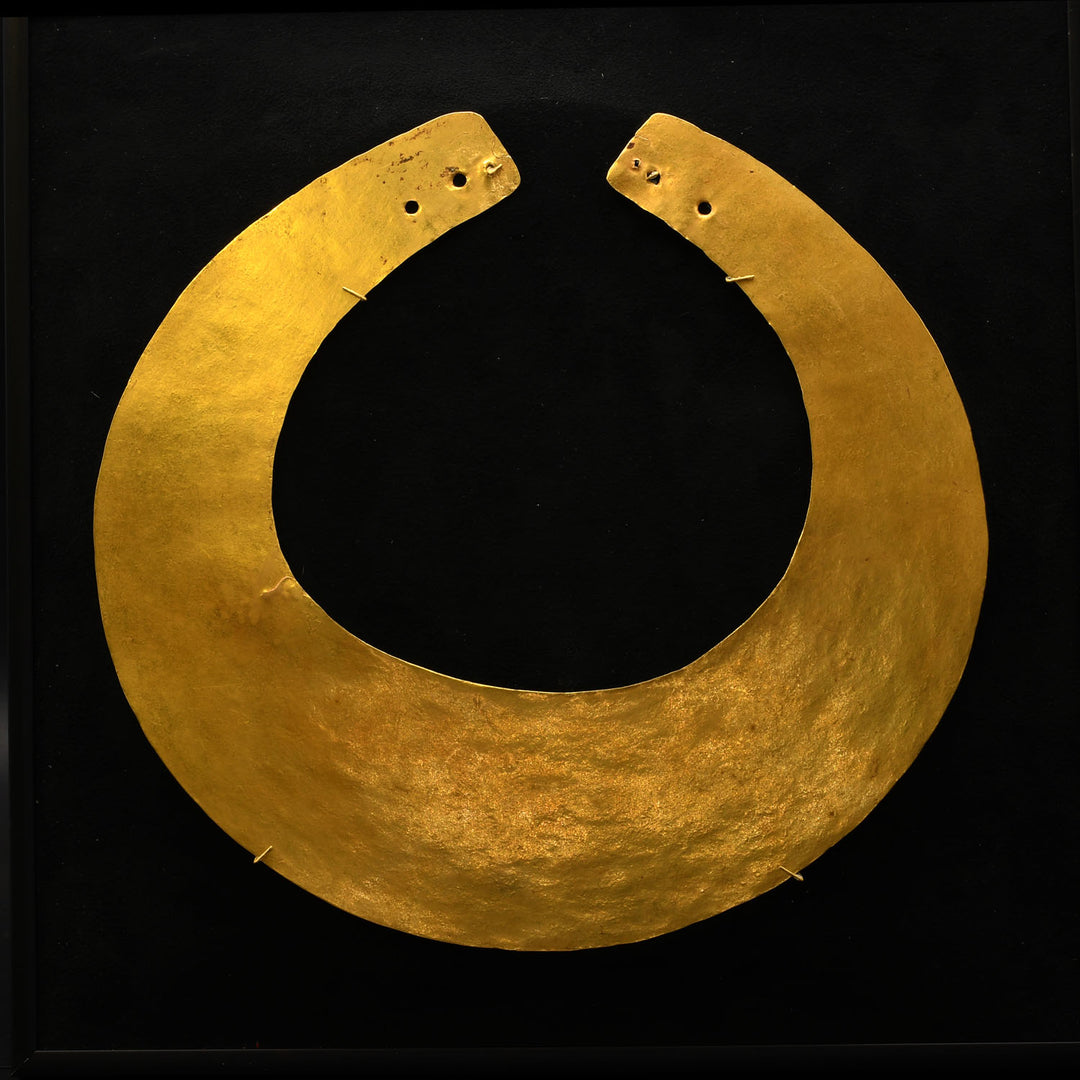- Home
-
Shop by Type
-
Shop Ancient Jewelry
- Latest Additions
- The A List
- SALE
- Australian Aboriginal Art
- About Us
-
Our Services
- Contact Us
- My Wishlist
Save 10% when you sign up
Featured
The rare, the interesting and the exceptional. Browse our curated selection of special objects...
Gift Ideas
Birthdays, anniversaries, holiday season, celebrations, we're sure to have that special something.
Latest Additions
Just want to see what has recently been added to the website? Check out our latest additions here...
